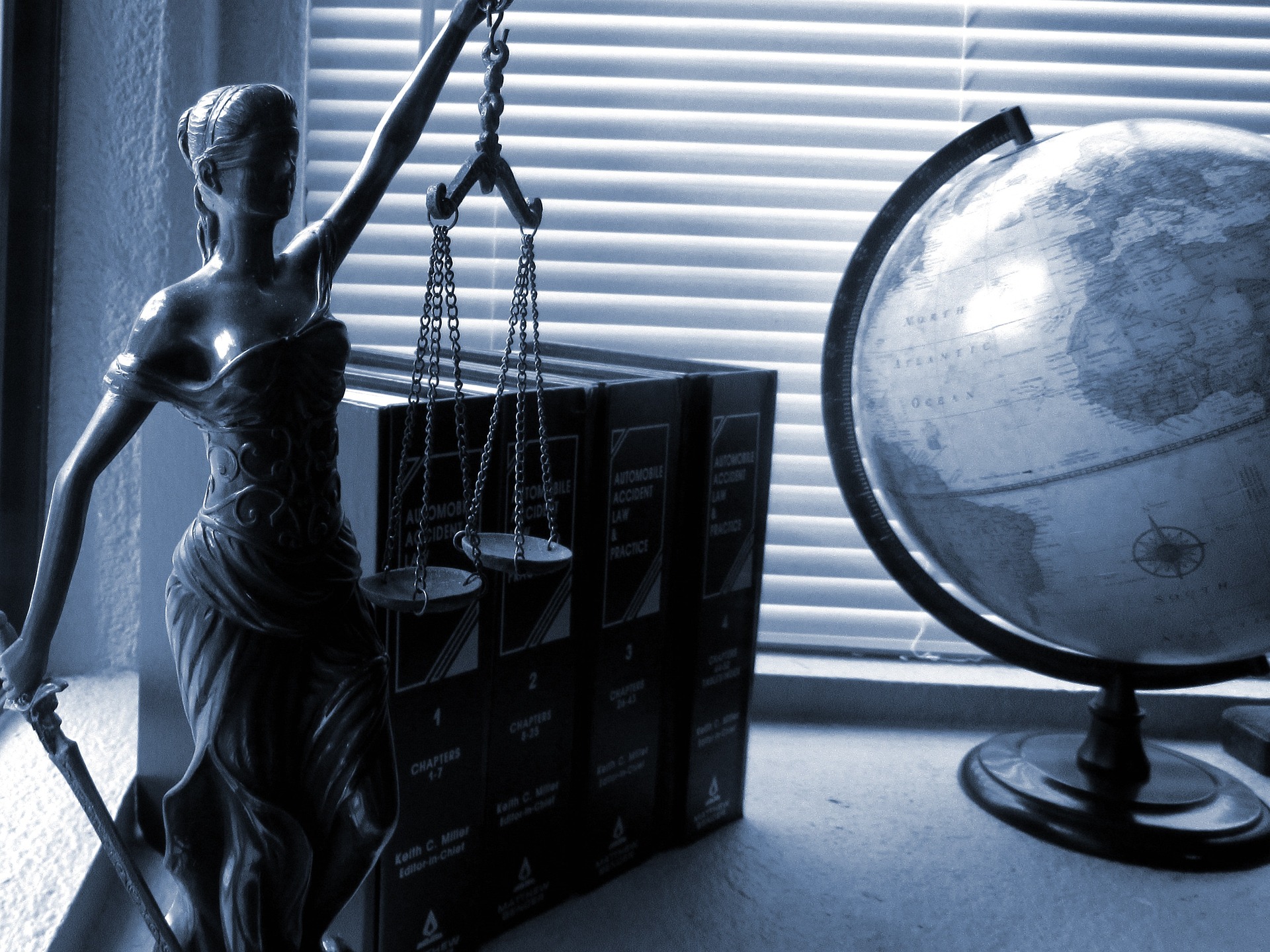You may not be aware of these rules and regulations, so make sure you do your due diligence before trying to pull any funny business at the courthouse!
If you’re found guilty of breaking one of these rules, it could cost you millions and millions of dollars, or even worse…
Your freedom! Let’s take a look at six things that are definitely not allowed in court…
1) Yelling
Yelling is one of the six things that are not allowed in court. Being loud or disruptive can cause problems for everyone, including yourself. Keep your cool and speak clearly.
If there’s something you need to say, wait until it is your turn and then say it as calmly as possible.
Remember, the judge will have a harder time understanding what’s going on if people are yelling all around them.

It also makes it hard for anyone else to hear what you’re saying.
So, be respectful and keep things quiet so the other side has an opportunity to speak up too.
2) Disrupting Court Proceedings
Disrupting Court Proceedings is one of the most serious offenses that a person can commit. In addition to being sentenced for Contempt of Court, a person may also be ordered to serve time behind bars and pay additional fines.
A judge has the power to enforce his orders by issuing an arrest warrant if the offender does not abide by his instructions.
A judge has broad discretion when it comes to deciding whether or not interference with judicial processes is grounds for contempt.
For instance, failing to appear before a judge as instructed could constitute obstruction.
Generally speaking, any act done deliberately in order to interfere with or obstruct the orderly process of justice is considered obstruction.
3) Refusal to testify:
Witnesses who refuse to testify can face charges including perjury and obstruction of justice depending on the circumstances.
However, there are certain cases where refusing to testify might be permissible such as refusing testimony about illegal activities which might result in jail time for themselves and their associates.
4) Wearing inappropriate clothing
✓ You should never wear clothing with offensive or obscene messages.
✓ Clothing that is too revealing will not be permitted.
✓ Clothing that covers your head may also be prohibited.
✓ Be sure your clothing is neat and tidy, and make sure everything is covered properly.
If a judge feels your attire is inappropriate, they may ask you to change into something more suitable or they may refuse to hear your case.
✓Dress down for the courtroom if possible; formal attire won’t be tolerated.
5) Refusing to Stand When the Judge Enters the Courtroom
In order for a judge to make a decision, everyone in the courtroom must obey his or her commands.
If an individual refuses to stand when the judge enters the courtroom, this disrupts proceedings and can lead to punishment.
6) Refusing to Stand for Someone’s Oath:
When someone is sworn in before testifying, he or she stands while being sworn in.
For example, if the witness is under oath, they will be asked Do you swear (or affirm) that the testimony you are about to give will be the truth, so help you God? The person will respond I do.
If a person refuses to stand during this process, they could face contempt of court charges.
Talking Too Much As with many other rules, talking too much has its own set of penalties. Depending on the situation, talking too much might warrant a warning from the judge.
However, if talking too much continues to happen after warnings have been given, there might be consequences for those who refuse to stop breaking the law.
7) Speaking Out of Turn:
Just like with other laws in life, people cannot speak out of turn in courtrooms without penalty. Judges usually have their clerks monitor these situations and send out warnings first.
8) Displaying Emotion in Court
It’s natural to feel angry, frustrated, and emotional when you are being accused of a crime.
Don’t let your emotions get the best of you– this is why it’s prohibited for people to show emotion during proceedings.
The only exception is if they are testifying as a witness. If an outburst occurs, the offender can be held in contempt of court and may be fined or jailed for up to one year.
Additionally, judges have discretion over how long any defendant will be removed from the courtroom based on their behavior.
9) Bringing Weapons into the Courtroom
Weapons of any kind are not permitted on courthouse property. This includes knives, firearms, and anything that could be used as a weapon.
A person who is carrying a weapon will be arrested and charged with trespassing. If the defendant does not have a concealed weapons permit, they can face up to six months in jail and $500 fine for possessing a firearm or other dangerous weapon.
If they have such a permit but did not disclose it before coming onto courthouse property, they may be subject to disciplinary action by the issuing agency.
What about their car? You are still not allowed to bring a weapon into a courtroom if it’s in your car outside.
You’ll need to lock it away at your home or put it into your trunk before entering the premises.
10) Prohibited Items:
You’re not able to bring food or drinks (including bottles) into a courtroom.
There might be exceptions if you have small children and need water, but other than that all liquid items must go through screening first.






